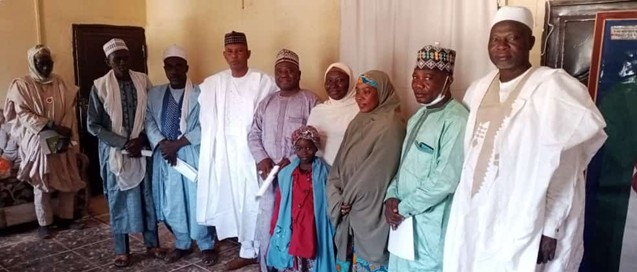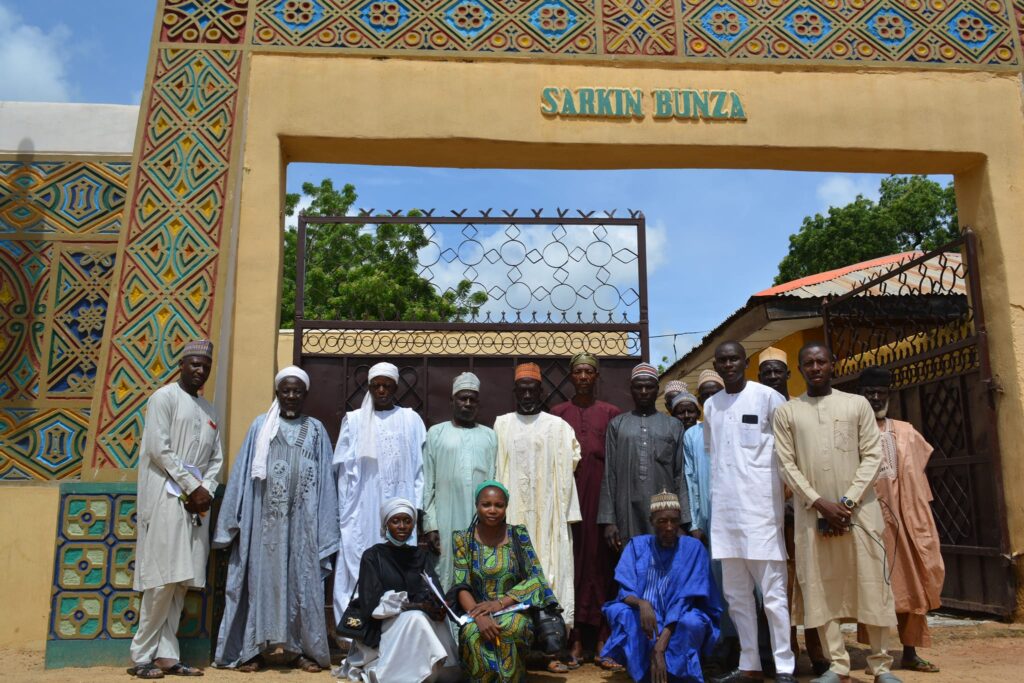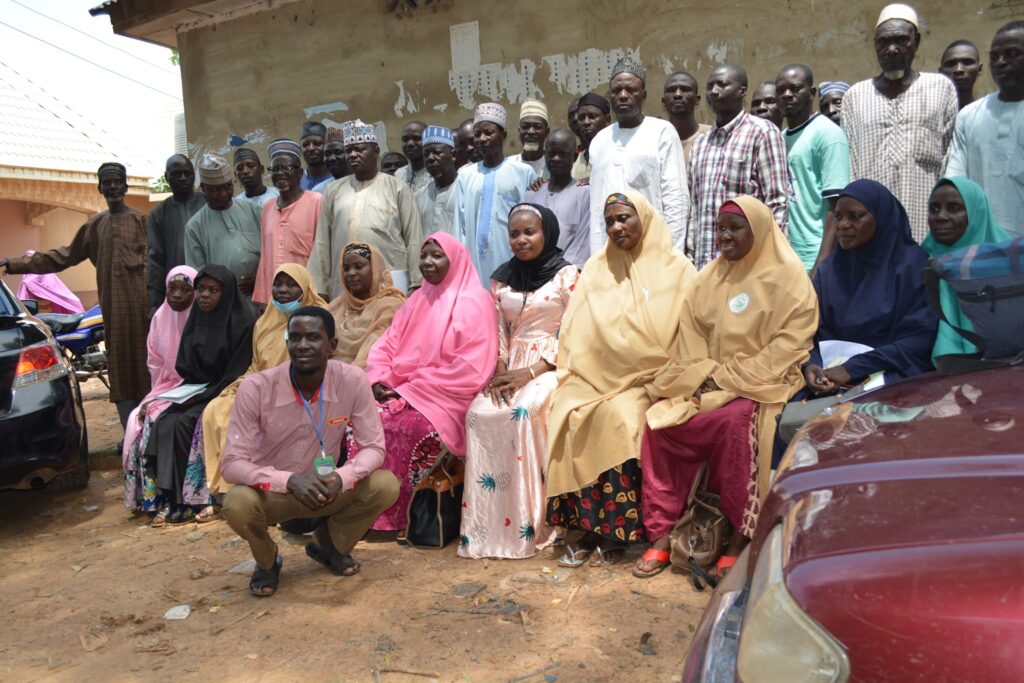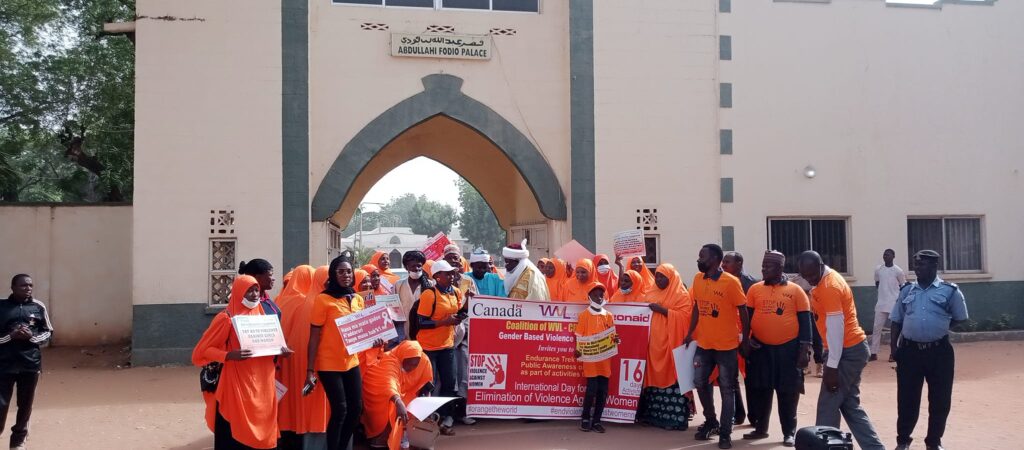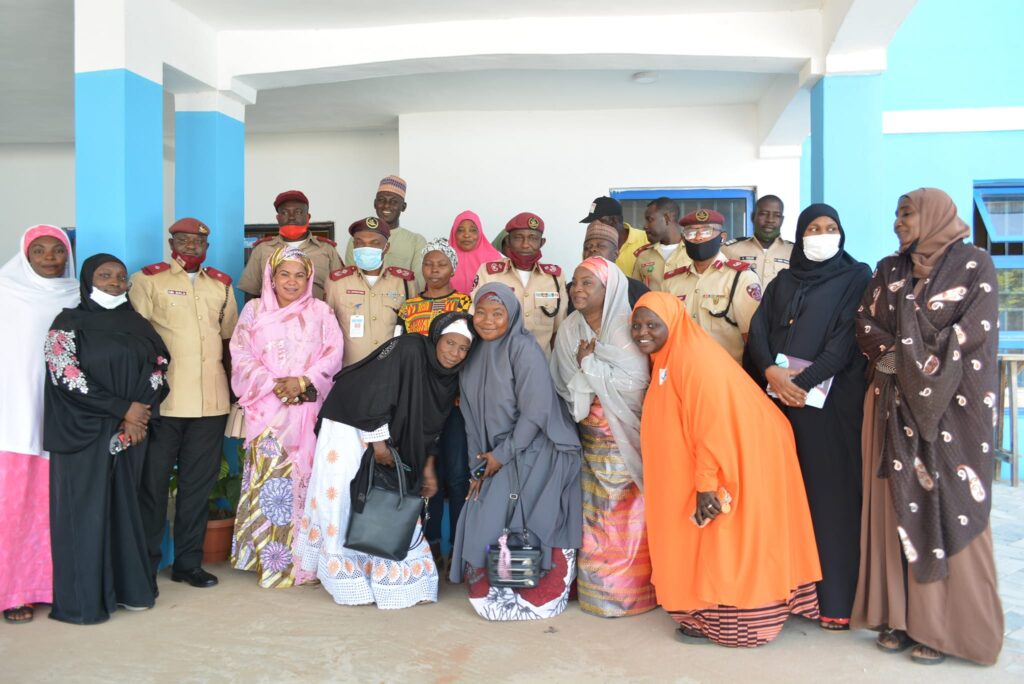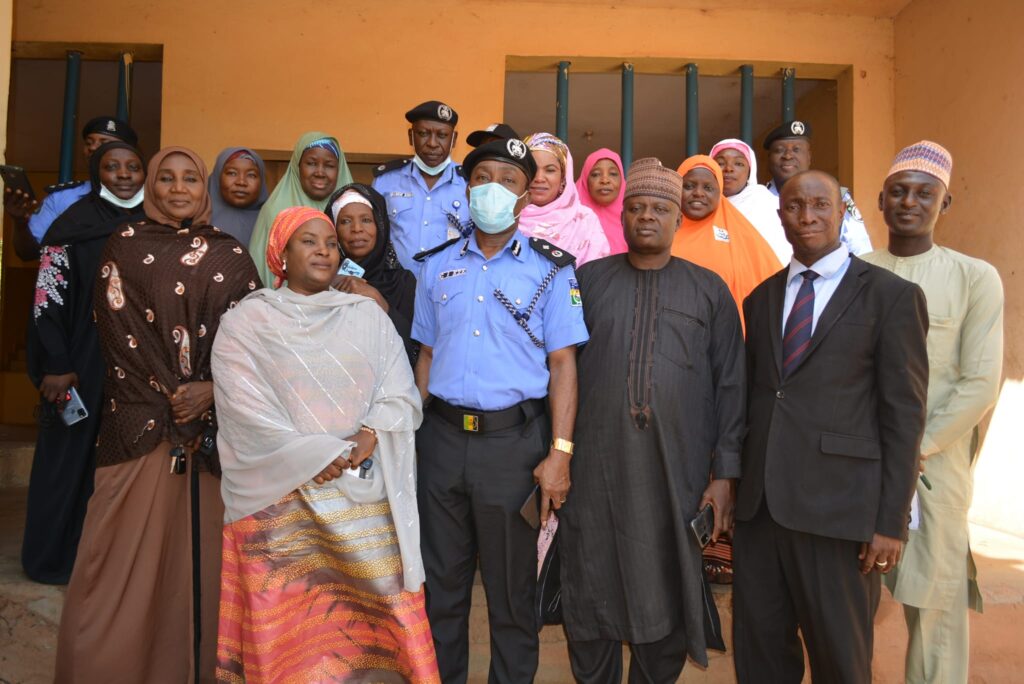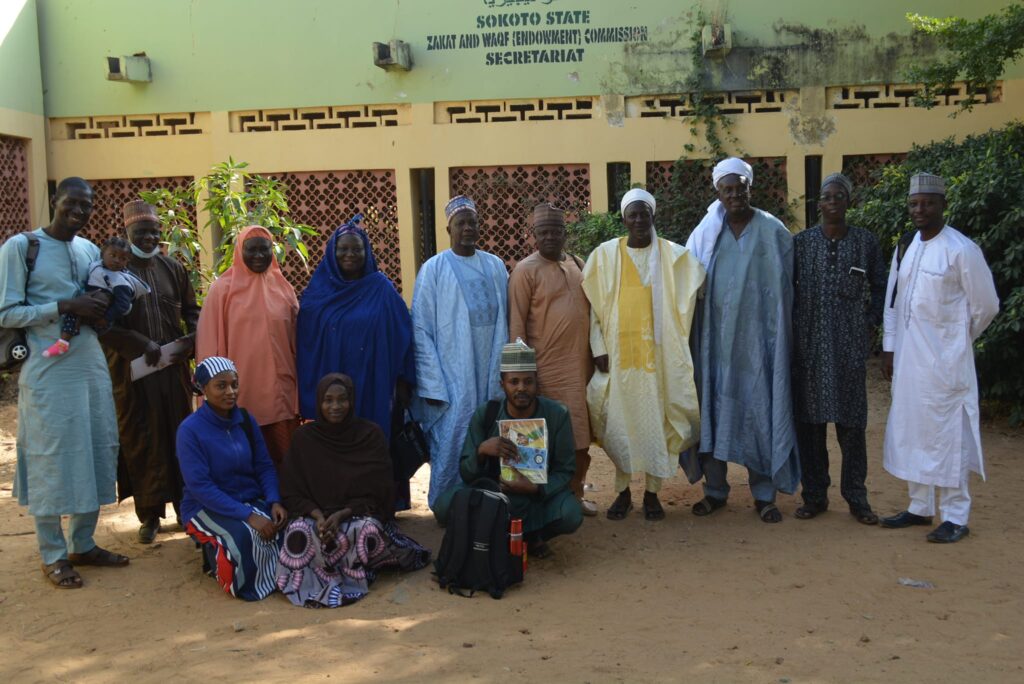High level of Advocacy
Our Approach on High level of Advocacy
NANA implements a strategic and evidence-based advocacy approach that drives policy change, empowers communities, and sustains progress across its focus areas.
🎯 Strategic Focus & Research
NANA begins by identifying priority issues aligned with its values. It collects data, conducts research, and develops fact sheets and case studies to support advocacy with solid evidence.
🗺️ Stakeholder & Power Mapping
Key stakeholders—government officials, traditional and religious leaders, civil society actors, and influencers—are identified and strategically engaged based on their capacity to effect change.
💬 Messaging & Storytelling
Messages are crafted to be clear, urgent, and compelling. Real-life stories from affected individuals and communities help humanize the issues and resonate with both policymakers and the public.
🛠️ Tools, Channels & Alliances
NANA employs a mix of advocacy tools including:
📝 Policy briefs and direct lobbying
🧑🏽🤝🧑🏿 Roundtable meetings and expert dialogues
📣 Public events, petitions, and media campaigns
It also partners with coalitions and like-minded organizations to amplify impact.
📢 Media & Community Engagement
NANA leverages traditional and digital media to broaden its reach, while also mobilizing communities through rallies, town halls, and support to grassroots groups like women’s and youth networks.
📈 Monitoring, Evaluation & Sustainability
Advocacy outcomes are tracked through defined metrics. Regular evaluations inform adjustments, while ongoing stakeholder engagement ensures that efforts are sustained beyond short-term wins.
Our Key Activities
Key Achievements of the Project
👩🏽⚕️ Girls for Health (G4H) Project
🏛 Established HRH Technical Working Groups
Supported the formation of Human Resources for Health (HRH) Technical Working Groups in Sokoto and Kebbi states, increasing girl-child enrolment into health training institutions from rural areas.🧾 Secured Admission Slots
Advocated for and secured dedicated admission quotas for girls in Colleges of Nursing and Midwifery in both states.🎓 Introduced Community Nursing Courses
Facilitated the inclusion of Community Nursing curriculum in nursing institutions, improving access for rural girls.🤝 Promoted Community Bonding
Ensured sustainability through advocacy for community service commitments, with most graduates returning to serve their communities.
🛡️ Momentum Country and Global Leadership (MCGL) Project
🕵🏾 Established GBV Surveillance Team
Played a key role in the formation of a State-level GBV Surveillance Team in Sokoto to strengthen reporting and response systems.
🛡️ Momentum Country and Global Leadership (MCGL) Project
💰 Registered Women’s Savings & Loan Groups
Supported the formal registration of 8 Women’s Savings Groups in Binji LGA with the Ministry of Women & Children Affairs for economic empowerment.🧩 Formed Multi-Sectoral Task Forces (MSTFs)
Advocated for the creation of GBV Multi-sectoral Task Forces in Kebbe, Shagari, Wammako, and Binji LGAs to coordinate community-level GBV response efforts.
 Women’s Voice and Leadership (WVL) Project
Women’s Voice and Leadership (WVL) Project
Supported Passage of the VAPP Law in Kebbi State
Engaged in successful advocacy for the Violence Against Persons Prohibition (VAPP) Act, now passed into law in Kebbi State.Promoted E-Learning in Schools
Advocated for the utilization of idle computer labs to support digital learning in secondary schools across Kebbi and Sokoto states.Reactivated Guidance & Counseling Units
Revived G&C units in 16 secondary schools in Kebbi State and integrated SGBV awareness clubs into school activities to support prevention education.
Data from Field
Media



